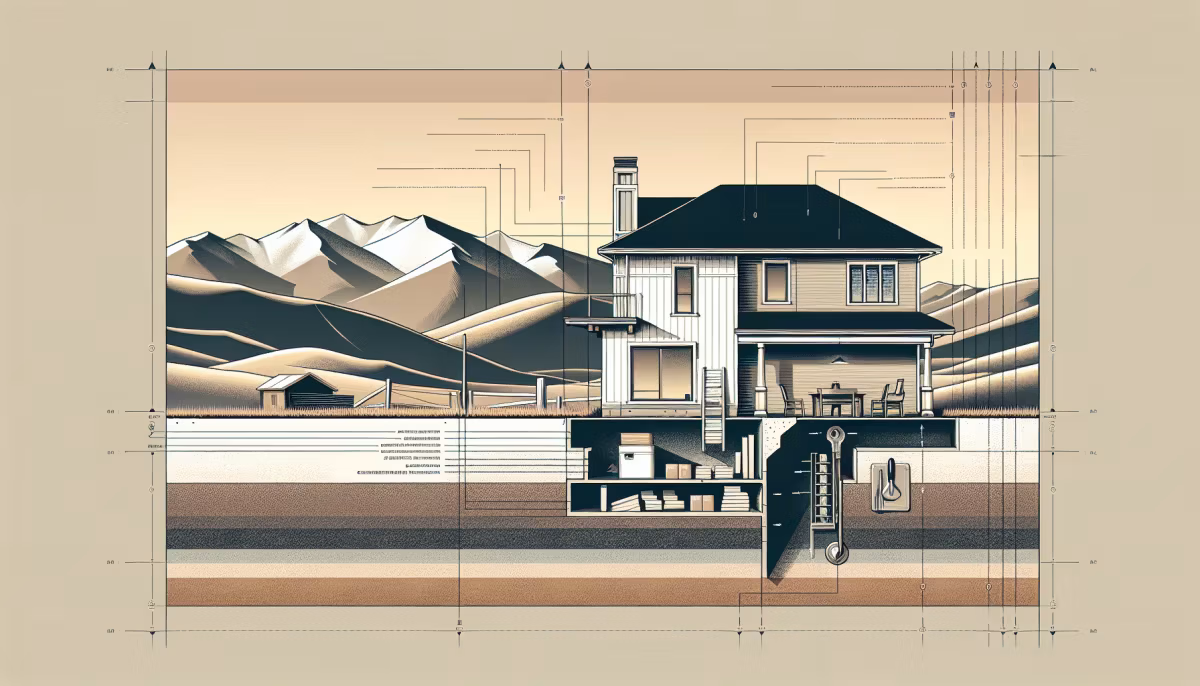In the dynamic landscape of construction law, timeliness is paramount. For those navigating the intricate terrain of construction defect cases in Colorado, understanding the significance of prompt reporting is not just advisable – it's imperative. Timely reporting can make all the difference in the outcome of a case, impacting everything from evidence preservation to legal recourse. In this article, our construction defect lawyer will delve into the crucial role of timely reporting in Colorado construction defect cases, exploring current state laws and federal regulations that underscore its importance.
Why Timely Reporting Matters
When it comes to construction defects, time is of the essence. Whether it's faulty materials, design errors, or poor workmanship, defects have the potential to escalate into costly disputes and legal battles if not addressed promptly. Timely reporting serves several critical purposes:
Preservation of Evidence: In construction defect cases, evidence is king. Timely reporting allows for the preservation of crucial evidence, including photographs, documents, and witness testimonies, which can significantly strengthen a homeowner and construction defect lawyer's case. Without prompt action, evidence may deteriorate or become lost, making it challenging to prove liability or damages.
Compliance with Statutes of Limitations: In Colorado, construction defect claims are subject to statutes of limitations, which set forth the time limits within which a claim must be filed. Failure to adhere to these deadlines can result in the forfeiture of legal rights. Timely reporting ensures that potential claims are identified by a construction defect lawyer and initiated within the prescribed timeframe, safeguarding the client's ability to seek redress.
Mitigation of Damages: Early detection of construction defects allows for the construction defect lawyer to timely identify and coordinate repairs or remediation, minimizing the extent of damages and associated costs. By addressing issues promptly, a construction defect lawyer and homeowner can prevent further deterioration and mitigate potential risks, ultimately preserving the value and integrity of the property.
Current Colorado Construction Defect Law and Federal Regulations
In Colorado, construction defect law is governed by a combination of state statutes, case law, and federal regulations. Understanding the relevant legal framework is essential for navigating construction defect cases effectively. Following are a couple of critical considerations that a Colorado construction defect attorney can assist with:
Colorado Construction Defect Action Reform Act (CDARA): CDARA, enacted in 2001, outlines procedures and requirements for construction defect claims in Colorado. Among its provisions is the requirement for homeowners to provide written notice of defects to the responsible parties, typically including developers, contractors, and subcontractors, before filing a lawsuit. Timely reporting under CDARA is essential for a construction defect law lawyer initiating the dispute resolution process and preserving the homeowner's rights.
Federal Regulations: In addition to state law, federal regulations may also impact construction defect cases, particularly concerning safety standards and building codes. Compliance with federal regulations is crucial for ensuring the structural integrity and safety of construction projects. Timely reporting of defects that violate federal standards can trigger regulatory enforcement actions and liability for non-compliance.
Best Practices for Timely Reporting Construction Defects
To effectively navigate construction defect cases in Colorado, stakeholders must adopt best practices for timely reporting. These may include:
Documenting Defects: Promptly document any observed defects or deficiencies, including photographs, written descriptions, and relevant correspondence. Thorough documentation serves as crucial evidence in support of a potential claim.
Notifying Responsible Parties: Provide written notice of defects to the responsible parties, as required by CDARA and contractual agreements. Clearly articulate the nature of the defects and the desired resolution, giving the parties an opportunity to address the issues before resorting to litigation.
Seeking Legal Counsel: Consult with experienced a construction defect attorney or construction defect law firm to assess the viability of a potential claim and navigate the complexities of the legal process. Legal counsel can provide valuable guidance on compliance with statutory requirements and strategic approaches to resolving disputes.
Conclusion
In the realm of construction defect litigation, timely reporting is not just a best practice – it's a legal necessity. From preserving evidence to complying with statutory deadlines, the importance of timely reporting cannot be overstated. By understanding current Colorado law and federal regulations, and adopting best practices for reporting defects, stakeholders can effectively protect their rights and interests in construction defect cases. In a landscape where every moment counts, prompt action can make all the difference in achieving a favorable outcome. If you have any questions, do not hesitate to reach out to a qualified Colorado construction defect attorney today.
Have Questions About Construction Defects?
Our experienced construction defect attorneys are here to help. Schedule a free 15-minute screening call to discuss your situation.




